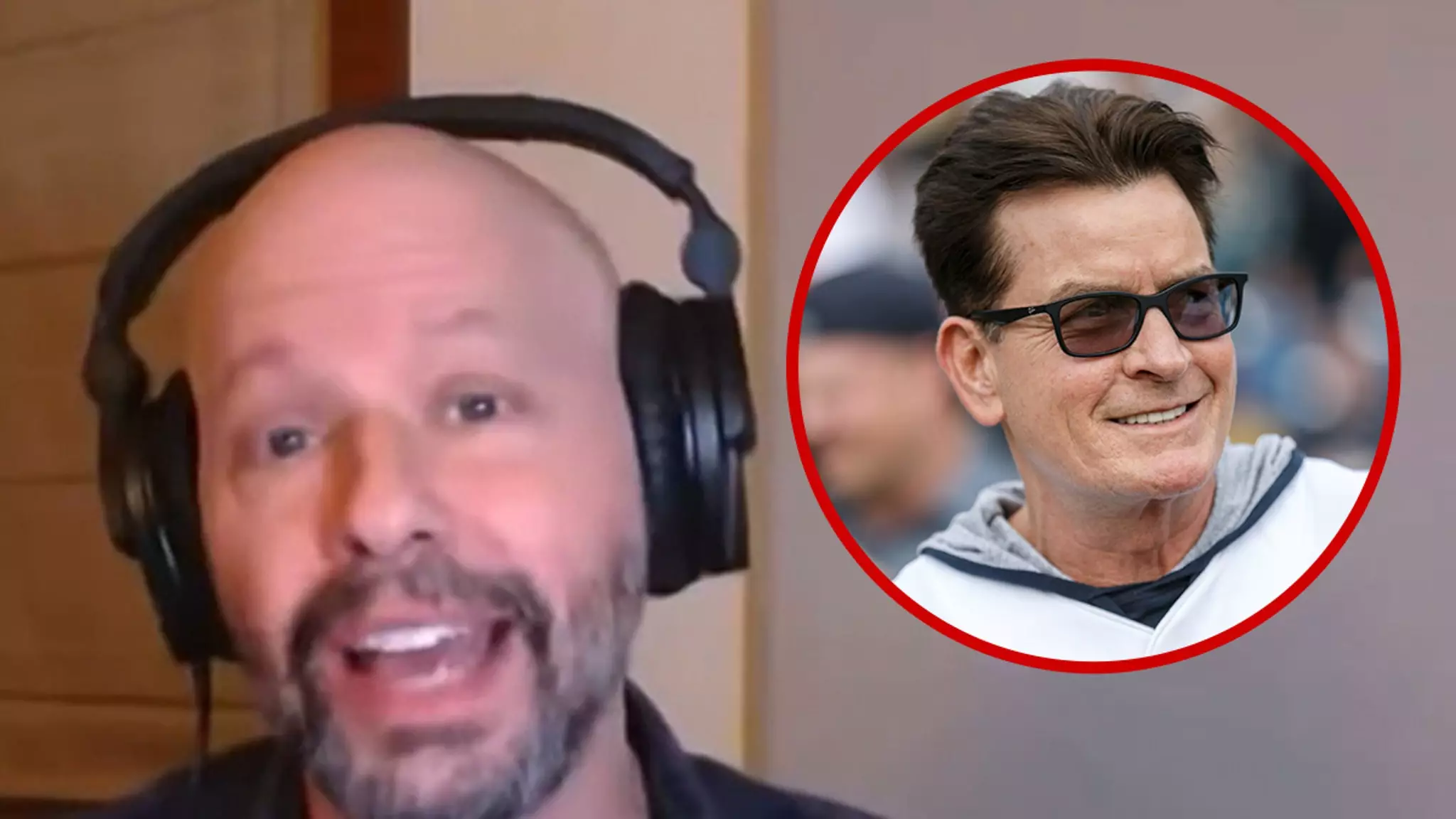Jon Cryer’s candid insights into his complicated relationship with Charlie Sheen reveal much about the actor’s take on accountability and personal growth. During a recent appearance on “The MeidasTouch Podcast,” Cryer unabashedly compared Sheen and former President Donald Trump, ultimately siding with Sheen over Trump in a hypothetical nuclear scenario. His comments serve not only to illustrate his feelings towards both figures but also shine a light on how he interprets character in the public and political spheres.
Analogies That Ring True
Cryer’s analogy of Trump as the “Charlie Sheen of politics” has a striking resonance. Both Sheen and Trump have built reputations as flamboyant, larger-than-life personalities, yet they embody very different types of challenges. Cryer notes that while Sheen’s struggles stem from substance abuse, Trump’s issue is rooted in a craving for affirmation and ego. Such comparisons invite an intriguing discourse; they force us to examine not just the individual faults of public figures, but how these faults can manifest in the political landscape. In an age where celebrity culture continues to bleed into politics, this perspective is more relevant than ever.
The Addiction to Importance
Cryer’s assertion that Trump is “addicted to feeling important” provides a deep psychological insight into a person who thrived in the spotlight. Much like Sheen’s past fluctuations between phases of sobriety and chaos, Trump’s tenure was characterized by extreme highs and lows driven by public perception. Both figures courted adoration and controversy, though in different arenas of life. This point raises questions about how society elevates individuals who engage with their audience through spectacle rather than substance. If audience reaction and media hype are enough to validate immense public roles, what does it say about our collective expectation for leadership?
Shifting Dynamics in Celebrity Relationships
While Cryer admits that he has no current relationship with Sheen, this estrangement speaks volumes about the cautionary tales embedded in their past. Their tumultuous history during the filming of “Two and a Half Men” highlights how deeply personal relationships can affect professional collaborations, especially when intertwined with personal crises. Cryer’s criticism of Sheen, accompanied by his expressed affection for the sober Sheen, signals a complex acceptance that acknowledges both the good and bad in people. It outlines a broader truth about human relationships: they often exist in shades of gray, rarely purely good or bad.
The Political Climate’s Impact
Cryer’s comments reveal an artist who is not only a keen observer of personal relationships but also an astute critic of the political climate. His proclamation of preferring Sheen over Trump in a hypothetical election is layered with irony and skepticism, suggesting a chaotic leader may sometimes be more palatable than a leader who symbolizes an entire political movement. This perspective resonates with a segment of the populace that finds itself disillusioned with traditional political narratives. The implication that even a flawed human being can be preferable to a political figure representing an existential crisis serves as a commentary on our times.
Jon Cryer’s statements reflect not just personal sentiments but intersect with broader societal discussions about celebrity, accountability, and the sometimes blurry line between entertainment and governance. The parallels drawn between Trump’s behavior and Sheen’s past, while dramatic, invite deeper conversations about the complexities within public life.

Leave a Reply